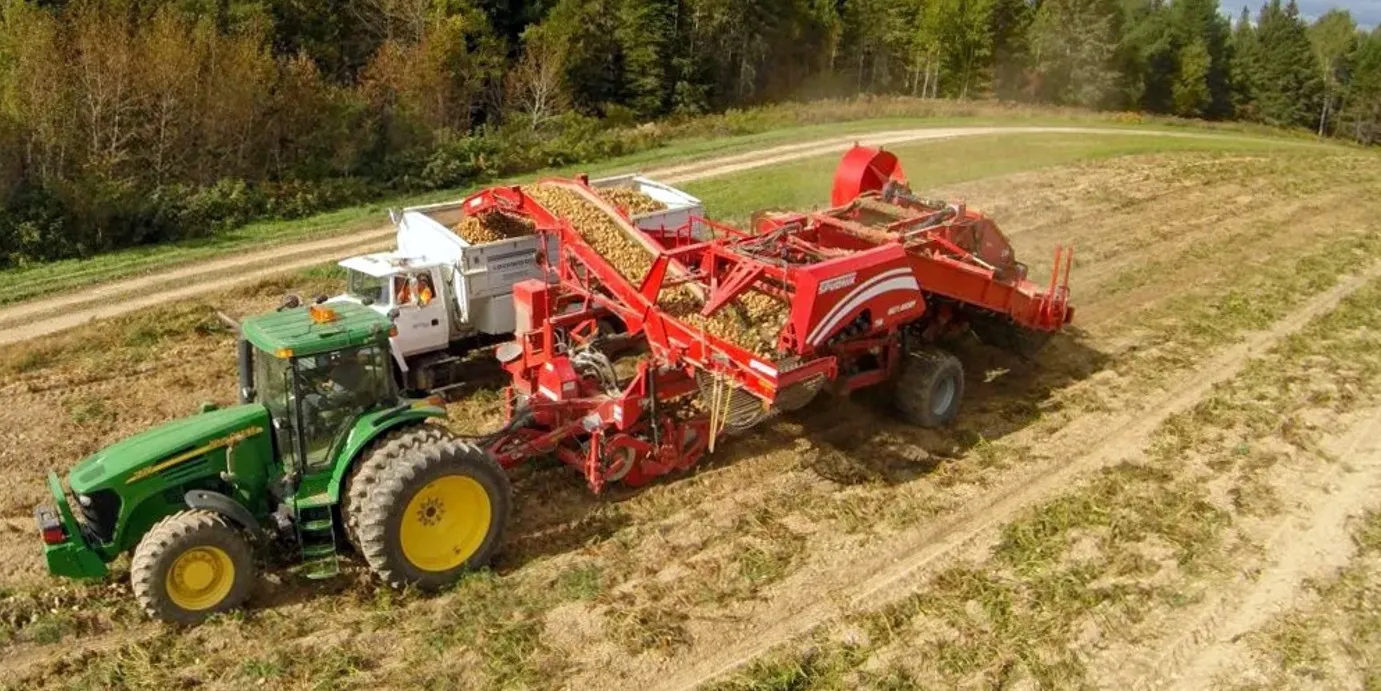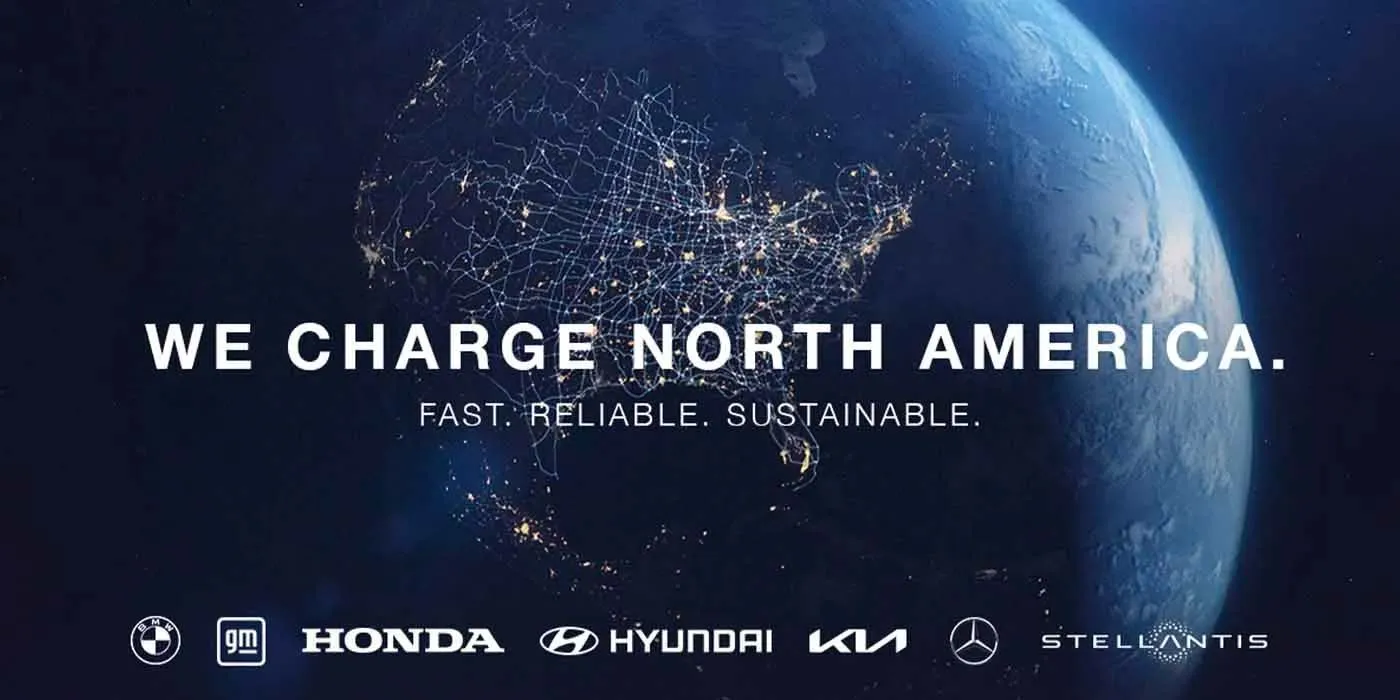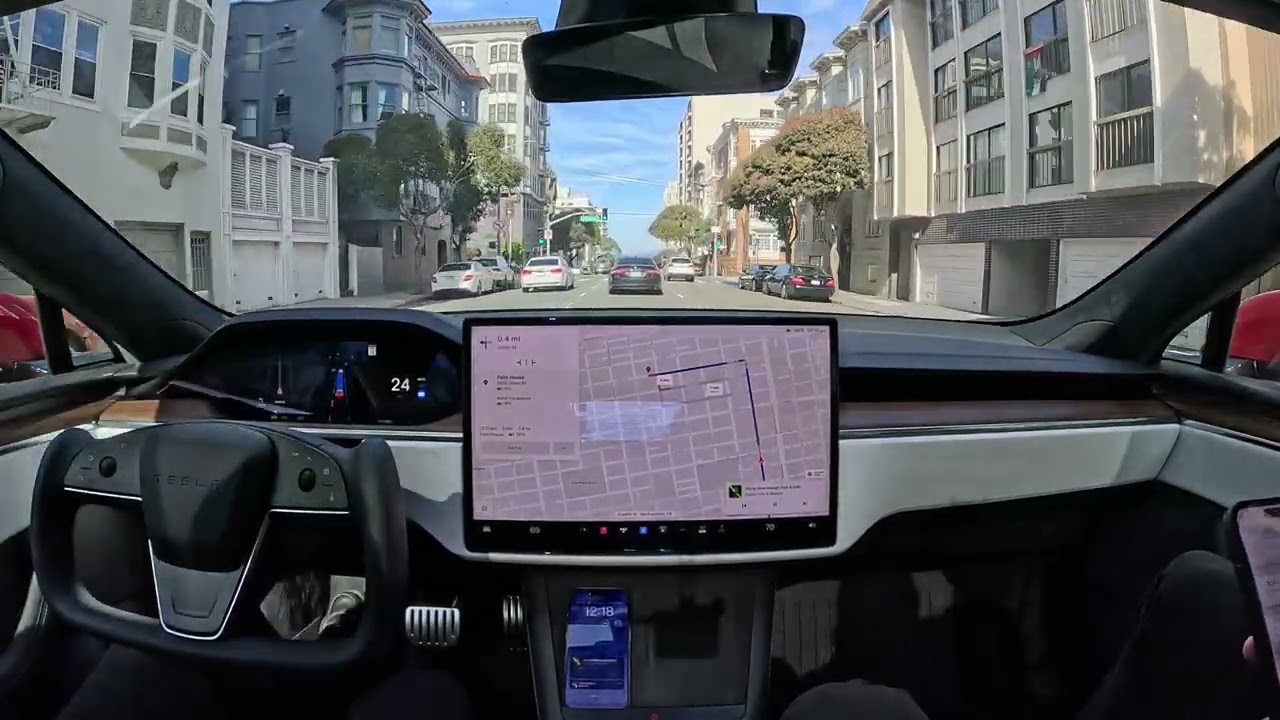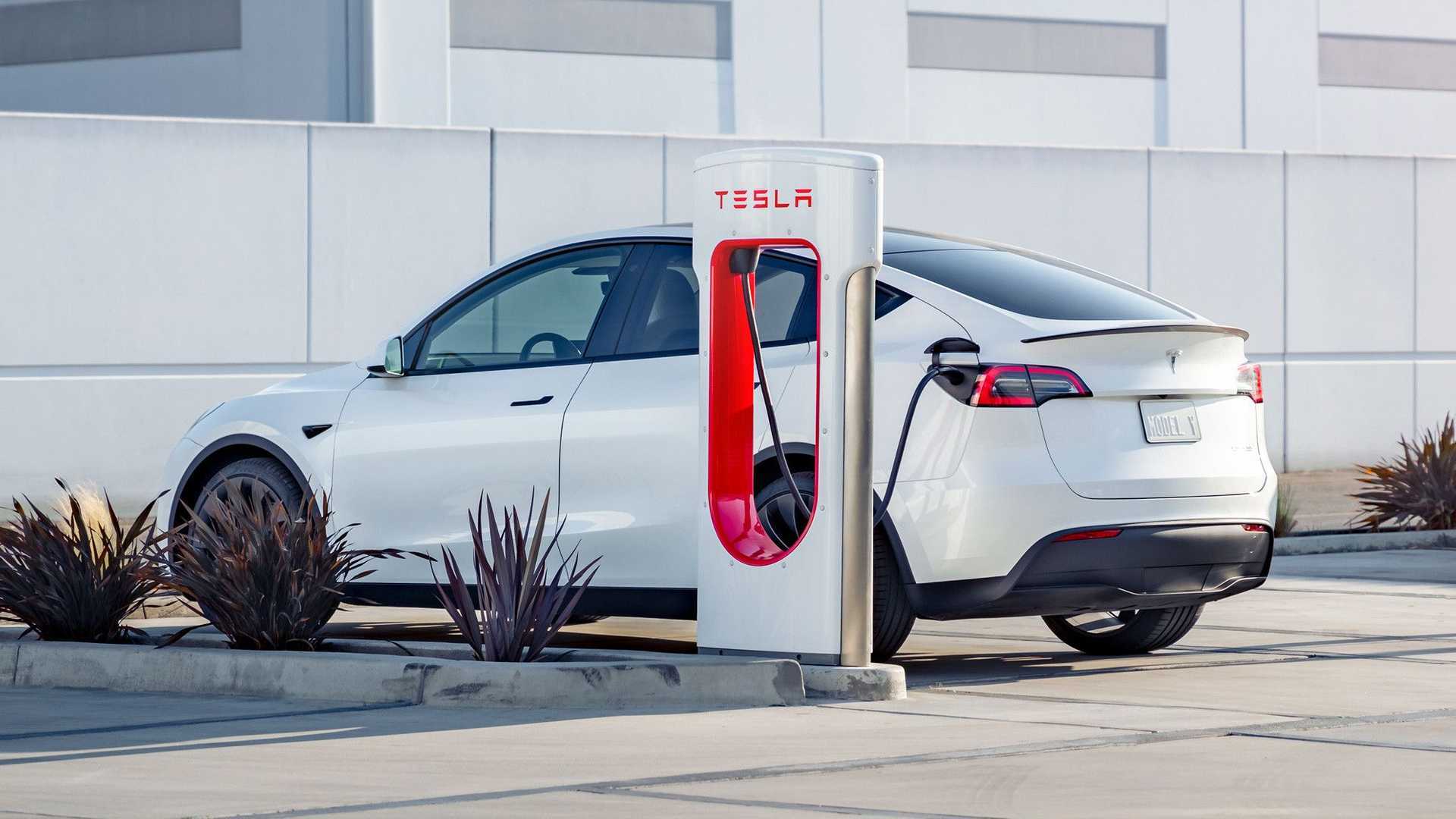In a strategic alliance aimed at revolutionizing potato and root crop farming, John Deere has partnered with Spudnik to introduce Electric Variable Transmission (EVT) technology. This groundbreaking initiative targets larger 8 and 9 series model tractors, replacing traditional mechanical variable transmissions with electric motors.
John Deere highlights numerous advantages of the EVT system, including enhanced operational efficiency, infinite speed control, reduced maintenance, and superior torque delivery to the wheels. However, Agriland’s experts emphasize a less-acknowledged benefit referred to as “off-boarding.”
Justin Roberts from Agriland explains, “(One of) the virtues of this (EVT) approach is getting power to the wheels … but another notable benefit of this arrangement is that an electrical power source is readily available to drive implements, which is now generally referred to as off-boarding.”
Ryan Jardon, John Deere’s marketing manager, elaborates on the versatility of EVT technology, stating, “This EVT is the industry’s only transmission that enables electric power generation (up to 100kW). By using this electricity farmers could power implement fan drives, take the place of implement hydraulic pumps, or assist the tractor by powering the implement’s axles. This is similar, to proven-technology John Deere currently uses, on construction equipment.”
See also: Solectrac Electric Tractors Joins Farmers’ Climate Rally for Climate Policy in 2023 Farm Bill
The integration of electrification in potato farming addresses a significant challenge in root crop harvesting. Spudnik, in collaboration with John Deere, has developed a solution by employing electric motors powered by off-boarded electricity from the EVT to drive fans on potato separators. This innovation ensures consistent airflow, irrespective of the tractor’s speed or load variation, thereby enhancing harvesting efficiency.
Spudnik reports successful testing of this configuration on its 6621 2 Row AirSep potato separator with a major grower in Washburn, Maine. However, plans for broader implementation, including potential rollout to Idaho, are yet to be disclosed by the stakeholders involved.







